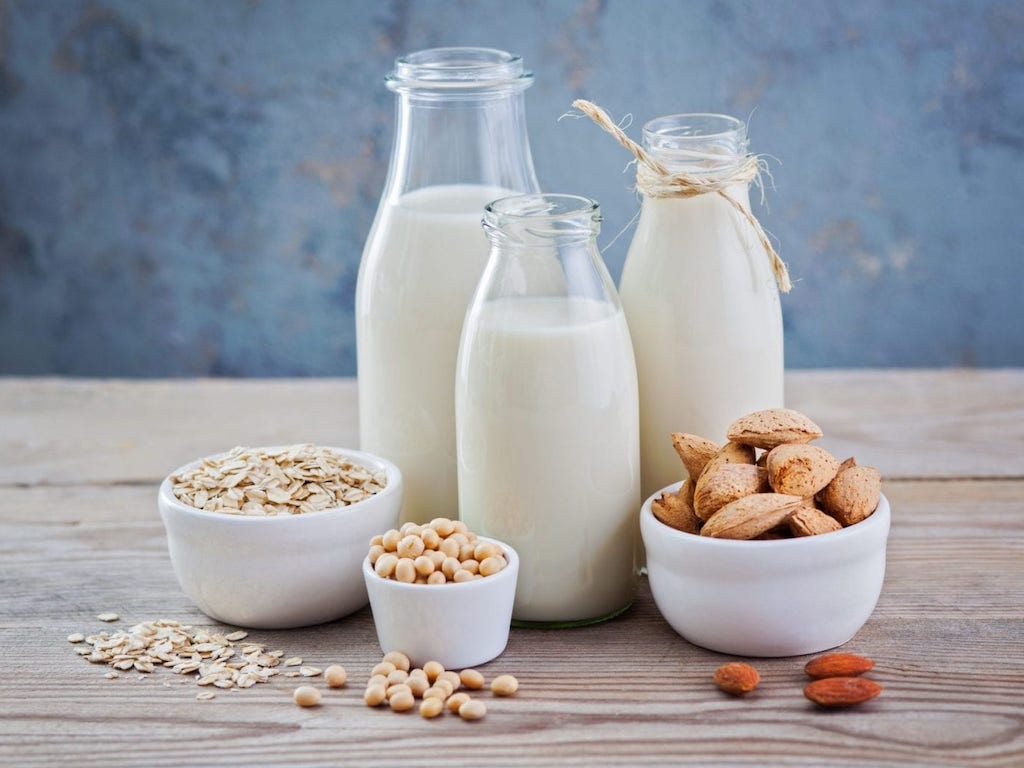4 Mins Read
Plant-based milk brands in India have been dealt a blow, after the Advertising Standards Council of India (ASCI) struck down three petitions filed against the Indian dairy giant Amul. The complaints regarded an advertisement launched by Amul that claimed plant-based beverages “are not milk”.
The Indian plant-based milk sector has experienced a setback, after the ASCI dismissed three complaints filed against Amul’s March 2021 advertisement that accused plant-based firms for circulating “myths” and stated “plant based dairy analogue products like soya beverages, are not milk”. The petition was launched by animal welfare organisations PETA, Beauty Without Cruelty (BWC) and Sharan India.
Campaigners launched the petition against Gujarat Co-operative Milk Marketing Federation (GCMMF), the company that sells products under the Amul group, arguing that the claims made in the advertisement were false. They highlighted the health and nutrition advantages of plant-based milk, as well as the cruelty and unsustainability behind traditional dairy farming.
ASCI struck down the complaints, saying that there was sufficient evidence provided by GCMMF over the nutrition of dairy milk, and referred to the Food Safety and Standards Authority of India (FSSAI), which does not list plant-based milk under the definition of “milk”.
Commenting on the decision, GCMMF said: “The ASCI dismissed all three complaints, thereby, upholding the correctness of the contentions in the advertisement.”
A spokesperson for the company further added that the advertisement was launched to refute what it described as “false and misleading information” surrounding the negative health impact of dairy and Amul’s products and the cruelty of the dairy industry, despite existing scientific data linking excessive dairy consumption to a number of illnesses.
Dairy products remain one of the largest dietary sources of saturated fat, of which high levels is associated with heart disease, and some studies have shown a correlation between consumption of dairy and a greater risk of developing prostate cancer.
Traditional dairy farming is also a major source of greenhouse gas emissions, with U.N. statistics showing that globally, the sector drives as much as 4% of the world’s total footprint – double that of the entire aviation industry.
Research carried out by IPSOS and Good Food Institute India (GFI India), a nonprofit advocating for a shift to sustainable alternative proteins, has also found that over three-quarters of Indian consumers can easily identify plant-based dairy sources without confusion, and that 87% of shoppers in the country think that “plant-based milk” is the appropriate term to describe such products, contrary to the claims made by Amul.
Big dairy players’ attack on plant-based milk can largely be seen as a last-ditch effort to clamp down on the mass shift consumers are making towards dairy-free options, in the name of health and sustainability. Experts predict that with Covid-19 only accelerating the plant-based dairy trend, conventional dairy producers are set to face major declines in demand that many are unlikely to weather through.
A number of homegrown plant-based brands offering dairy-free milks have emerged in India in the past few years, among them Goodmylk and MilkinOats – both of whom have entered the personal care space recently – as well as almond milk maker Sain and vegan protein beverage brand Strive by Plantbyte Foods.
Speaking to Green Queen Media, Varun Deshpande, managing director of GFI India, said: “Plant-based milks and other plant-based dairy foods are very well known and established products in India, as they are all over the world. Apart from their significant environmental advantages, they represent a choice for consumers who are looking for dairy-free, planet-friendly solutions.”
“Robust consumer research indicates that a large majority of Indians are not confused – they know that almond milk comes from almonds and not from cows, and they view these as distinct and not competing sources of dairy, just as terms like peanut butter and milk of magnesia have existed for decades or longer,” Deshpande continued. “We believe that both categories – conventional animal-sourced dairy and plant-based alternatives – will continue to grow and co-exist.”
While the ASCI’s decision marks a blow to the plant-based dairy in India, the industry has been celebrating a win in Europe this week, with the E.U. deciding to drop plans under Amendment 171, which would have “censored” plant-based dairy products and prevented them from being sold in cartons, explaining the climate impact of foods and presenting images of their own products.
In Spain, plant-based meat maker Heura managed to win the battle over the meat industry’s attempt to take down its advertisement, which highlighted the hefty carbon emissions of livestock farming.
Lead image courtesy of Adobe Stock.




